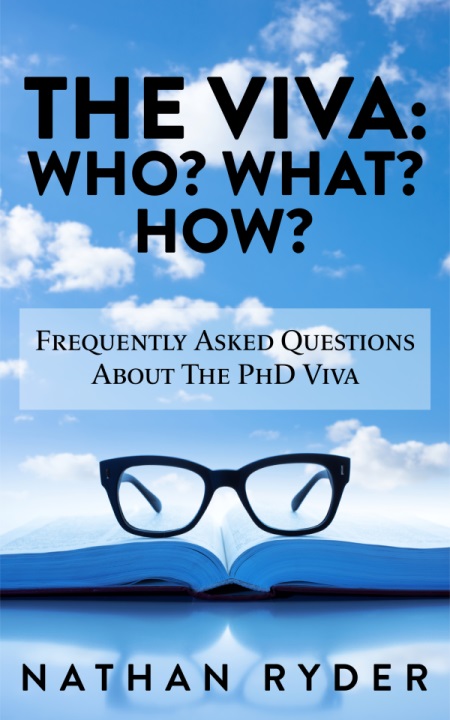Christmas is coming! We love Christmas in the Ryder house, and while I still have work to do this week, we’re definitely slowing our pace at home (except for increasing pace when it comes to wrapping presents, preparing edible gifts and so on). I don’t have to go and deliver any workshops until January, so there’s definitely time for longer lunches and little breaks for Christmas movies.
Ten Years Ago
During my PhD, especially in my first and second years, at Christmas I was just bouncing off the walls excited. A legitimate break! No guilt for two, or possibly three weeks! No work! Woooooooot!
Perhaps I had the wrong attitude?
In our department we downed tools and just turned up to chat and go for lunch, to swap presents, watch movies in now-empty lecture rooms and just have fun. It wasn’t wrong, and isn’t wrong, to think about and feel excited by a break. The thing that WAS wrong for me was to think only about the break and forget that there is a day coming, possibly a Monday, when I would have to come back to the office or the lab or the library, sit down and get back to work.
And that day SUCKED. Not because I was no longer on break, not because Christmas was another 352 days away, but because all of my projects and work were in complete disarray.
But that first day back does not have to suck. It could have been fine – and your first day back to your PhD after Christmas could be just fine – if you leave your work and projects in a good state before you go.

